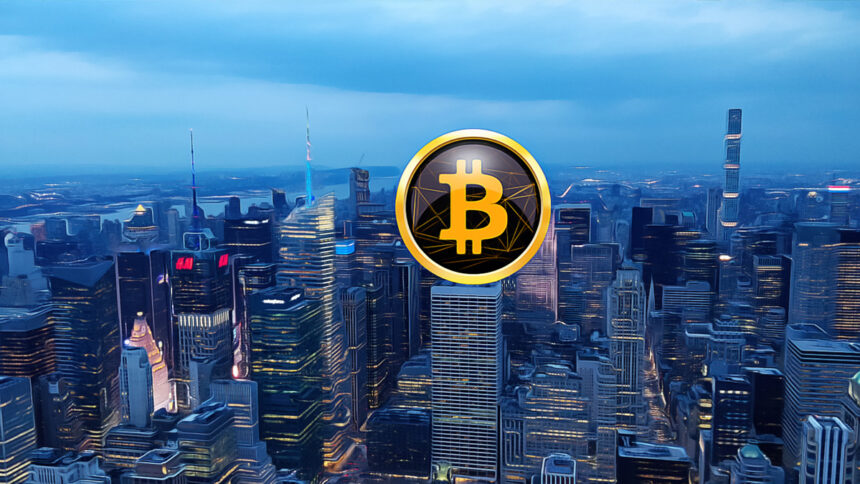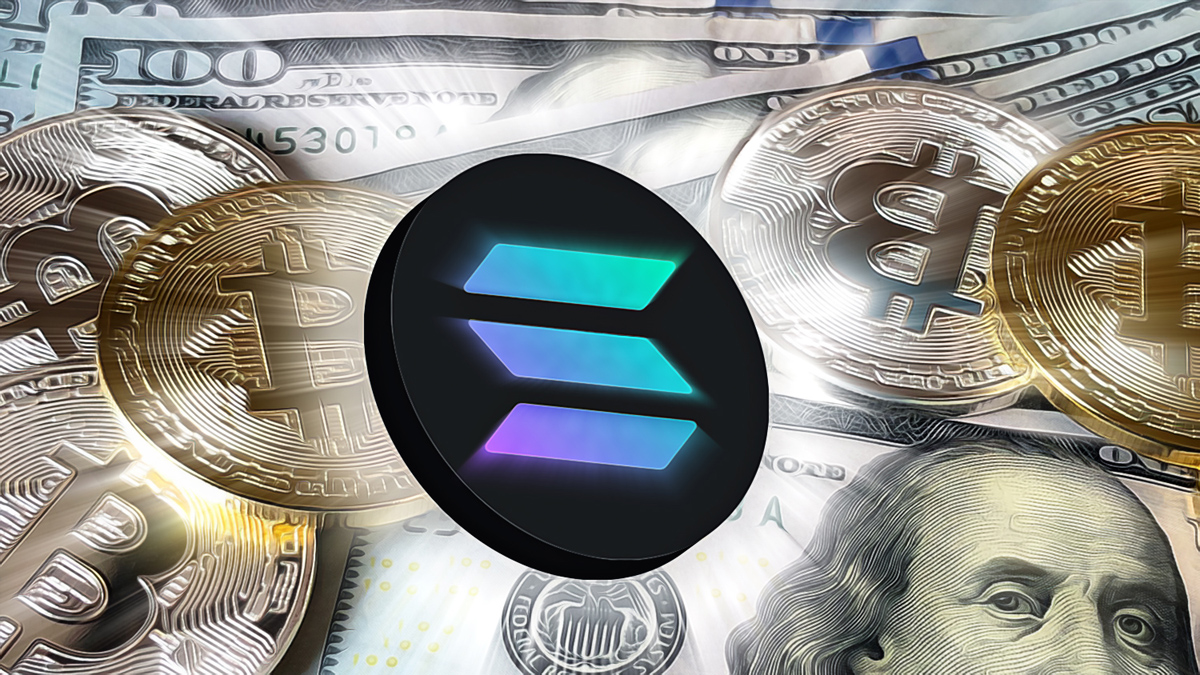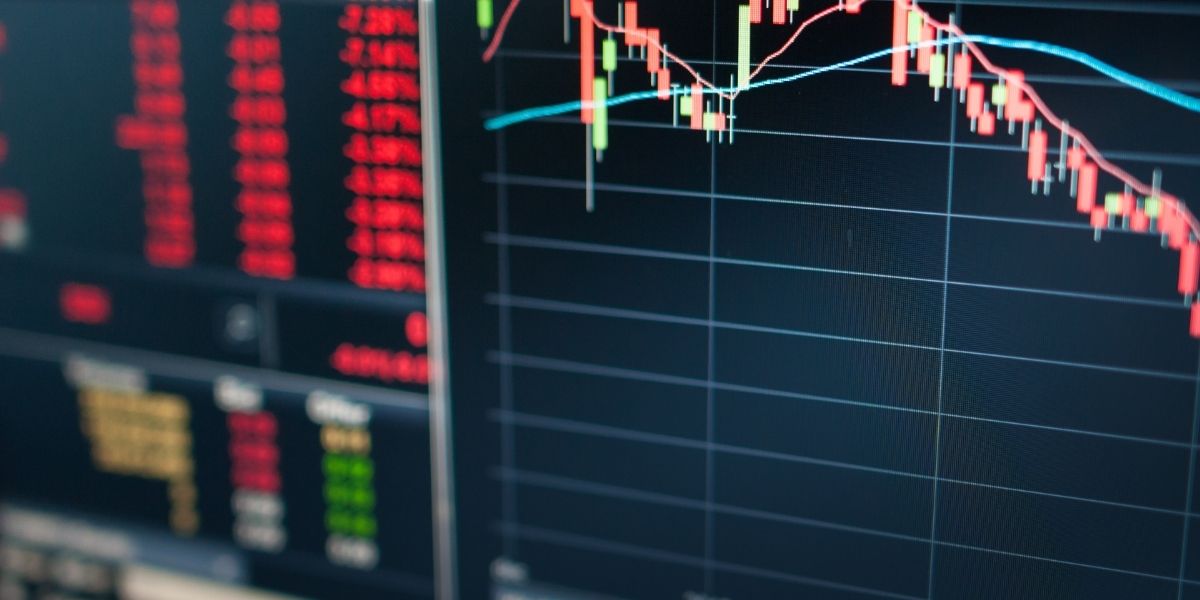Michele Bullock, President of the Reserve Bank of Australia (RBA), stated that Bitcoin  $103,604 is not suitable as a currency in the Australian economy. Similarly, Joe Longo, President of the Australian Securities and Investments Commission (ASIC), argued that Bitcoin does not possess sustainable value. These remarks surfaced following recent fluctuations in the cryptocurrency market.
$103,604 is not suitable as a currency in the Australian economy. Similarly, Joe Longo, President of the Australian Securities and Investments Commission (ASIC), argued that Bitcoin does not possess sustainable value. These remarks surfaced following recent fluctuations in the cryptocurrency market.
“Bitcoin Is Not Currency, It’s an Asset”
During her address at the ASIC annual forum, Bullock explicitly refrained from defining Bitcoin as a currency. She asserted that Bitcoin has no role in the economy or payment systems, emphasizing that it can only be regarded as an asset class.
“Bitcoin is neither money nor cash. It is solely an asset class.”
Michele Bullock, RBA President
Bullock highlighted that Bitcoin cannot be integrated into the local economy. According to her, the nature of Bitcoin makes it impossible to align with local payment systems. These comments have sparked renewed discussions about the role of cryptocurrencies in the traditional financial world.
ASIC President: “Greater Fool Theory”
Joe Longo also critiqued the fluctuations in Bitcoin’s value, labeling its recent surge as the “greater fool theory.” This theory suggests that investors act with the hope of selling overvalued assets to others. Longo stated, “The recent crypto rally is a clear example of the ‘greater fool theory.’”
Bitcoin’s price has recently experienced volatility, dropping below $90,000 due to political developments in the U.S. However, it recovered and began trading at $90,388, highlighting the cryptocurrency market’s volatility once again.
Analysts at Swissblock emphasized that Bitcoin’s fundamentals remain strong but noted that reaching the $100,000 level might require several attempts. They identified the closure of highly leveraged positions and volatility as major obstacles. Swissblock analysts commented, “While Bitcoin can reach new peaks, we must remember that this journey will not be a straight line.”
Meanwhile, the Fear and Greed Index dropped from 90 to 83, yet the index remains in the “Extreme Greed” zone, indicating that investor risk appetite is still high. Experts suggest that investors need to act cautiously in such an environment.
These criticisms from Australia have intensified questions about Bitcoin’s place in traditional economies. The future of the cryptocurrency market appears likely to be shaped by global regulations and market dynamics.

 Türkçe
Türkçe Español
Español








